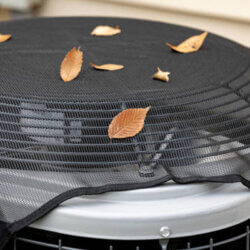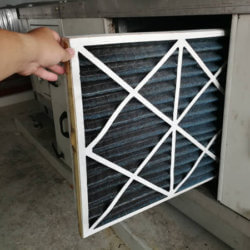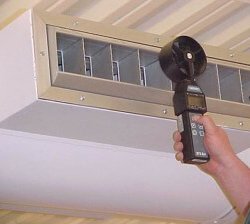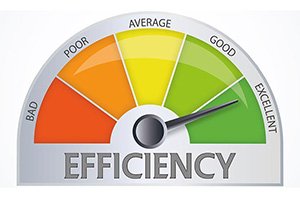
As the movement to be more “green” grows larger, people are placing more and more importance on their home’s energy efficiency. Since heating and cooling often accounts for the largest portion of a home’s energy bill, HVAC energy efficiency has become a big focus. All it takes is a quick Google search to find all sorts of HVAC energy efficiency tips and tricks from all around the web. However, many of these tips (while being well-intentioned) can actually hurt your HVAC energy efficiency!
To help our customers stay in the know and get the most out of their heating and cooling systems, our experts have compiled a list of HVAC energy efficiency pitfalls to avoid. Read on, and get in touch with us if you have questions or would like to schedule a consultation for how you can improve your heating & air conditioning system.
4 Top HVAC Energy Efficiency Pitfalls & How to Avoid Them
1. Well-Meaning but Misguided Energy Saving Attempts
There are often a number of steps that individuals may take to try to save on heating costs. For example, homeowners with fireplaces often try to increase HVAC energy efficiency by avoiding using the system as much as possible and using their fireplaces when the temperature starts to drop. While this feels like it should help, it can actually hurt HVAC energy efficiency as most of the heat produced from the fire will escape through the chimney. Additionally, fireplaces leave an exposed hole to the elements, allowing the cold to get in.
Your best choice for HVAC energy efficiency is often to run your heater and use a fireplace damper to seal your fireplace off. You can also consider converting your fireplace to gas and/or adding a blower that will direct heat produced by the fireplace into your home.
2. Incorrectly-Sized HVAC Systems
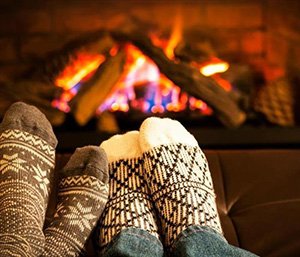
Sometimes there is a misperception that installing a larger HVAC system will heat or cool a house faster or a smaller one will increase HVAC energy efficiency. This, however, is untrue. For every home, there is a proper HVAC system size that will provide optimum efficiency for heating, cooling, and energy use. The best way to find this optimal size is to consult with a professional HVAC company, such as Glamiche & Sons.
3. Overly Tight Home Envelope
Common sense tells us that the tighter the home envelope, the better your house will maintain its temperature and keep out the elements, leading to improved HVAC energy efficiency. What people sometimes fail to consider is that a tight home envelope can also keep in pollutants, allergens, and other contaminants that can greatly reduce indoor air quality. This can lead to respiratory issues such as asthma and allergies as well as decrease efficiency of your system.
If your home is new and very well sealed, you may want to consider adding an air filter to improve indoor air quality.
4. Incorrect HVAC System Maintenance
One cannot stress enough the important of getting regular maintenance performed in order to ensure maximum HVAC energy efficiency. That said, finding a trustworthy HVAC company is of the utmost importance so you can feel confident that the work being done is up to par. Not only can incorrect maintenance result in reduced HVAC energy efficiency, it can also be dangerous to the health and safety of your family.
Contact Our HVAC Energy Efficiency Experts in St. Louis
If you are interested in learning more about how to maximize your HVAC energy efficiency, call the heating & air conditioning experts at Galmiche & Sons in St. Louis today!



